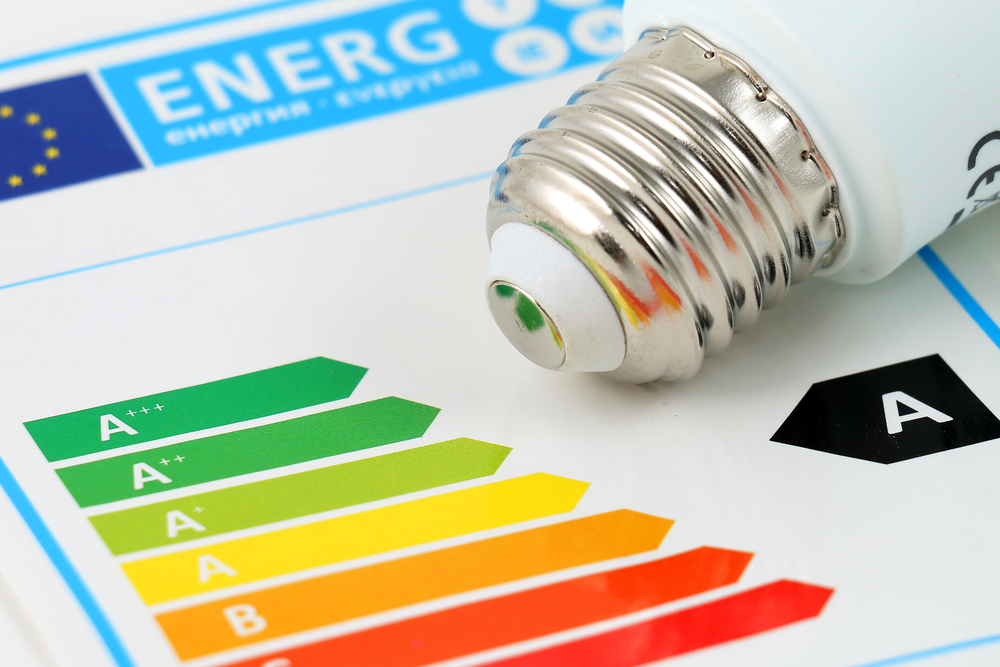The fossil fuel market is under increasing economic pressure from multiple fronts. From the rise of renewable energy to shifting consumer preferences, various factors are reshaping the landscape. Understanding these pressures is essential for navigating the future of energy. Here are 16 key economic challenges facing the fossil fuel industry today.
Contents
Global Shift to Renewable Energy

As countries strive to meet climate goals, there is a significant shift towards renewable energy sources. Governments are investing heavily in solar, wind, and hydroelectric power, reducing reliance on fossil fuels. This transition is driven by both environmental concerns and economic incentives, such as subsidies and tax breaks for renewable energy projects.
Technological Advancements in Energy Storage

Breakthroughs in energy storage technologies, such as batteries, are enhancing the viability of renewable energy. Improved storage solutions allow for better management of energy supply and demand, making renewables more reliable. This reduces the dependence on fossil fuels for backup power, challenging their dominance in the energy market. As storage costs continue to fall, the economic pressure on fossil fuels intensifies.
Government Policies and Regulations

Stricter environmental regulations and policies aimed at reducing carbon emissions are affecting the fossil fuel industry. Carbon pricing, cap-and-trade systems, and emissions trading schemes increase the operational costs for fossil fuel companies. These measures are designed to encourage a shift towards cleaner energy sources, further squeezing the fossil fuel market.
Fluctuating Oil Prices

The volatility of oil prices creates economic uncertainty for the fossil fuel market. Price fluctuations are often driven by geopolitical events, supply disruptions, and changes in global demand. This unpredictability can lead to unstable revenue streams and investment hesitancy within the industry.
Investment Divestment Movement

Institutional investors and financial institutions are increasingly divesting from fossil fuel assets. This trend is driven by concerns over climate risk and the long-term viability of fossil fuel investments. Divestment reduces the capital available for fossil fuel companies, impacting their ability to fund new projects and operations.
Consumer Demand for Sustainable Products

There is a growing consumer demand for sustainable and environmentally friendly products. This shift is influencing corporate strategies and pushing companies to reduce their carbon footprints. As consumers prioritize green energy and low-emission products, fossil fuel companies face declining demand for their traditional offerings. Adapting to this trend requires significant investment in cleaner technologies and practices.
Innovation in Electric Vehicles (EVs)

The rise of electric vehicles (EVs) is reducing the demand for gasoline and diesel. Technological advancements and increased affordability are making EVs a viable alternative for consumers. Governments are also incentivizing EV adoption through subsidies and infrastructure development. The transition to electric mobility presents a significant economic challenge for the fossil fuel market, particularly the oil industry.
Energy Efficiency Improvements

Advances in energy efficiency are reducing overall energy consumption. Technologies and practices that enhance efficiency in buildings, transportation, and industrial processes decrease the need for fossil fuels. Energy efficiency initiatives are often supported by government policies and incentives. As efficiency improves, the demand for fossil fuels declines, exerting economic pressure on the market.
International Climate Agreements

International agreements, such as the Paris Agreement, aim to limit global temperature rise and reduce greenhouse gas emissions. These commitments require countries to transition away from fossil fuels and invest in renewable energy. Compliance with international climate goals necessitates significant changes in energy production and consumption patterns. Fossil fuel companies face increased regulatory scrutiny and market shifts as a result.
Declining Costs of Renewable Energy

The costs of renewable energy technologies, such as solar and wind, have been steadily decreasing. Economies of scale, technological advancements, and competitive markets contribute to this trend. As renewables become more cost-effective, they present a financially attractive alternative to fossil fuels. The economic advantage of renewables increases the pressure on fossil fuel markets to remain competitive.
Supply Chain Disruptions

Geopolitical tensions, natural disasters, and other disruptions can impact the fossil fuel supply chain. Supply chain vulnerabilities can lead to price spikes and shortages, affecting market stability. Companies must invest in resilient supply chain strategies to mitigate these risks. The uncertainty associated with supply chain disruptions adds to the economic pressures on the fossil fuel market.
Environmental Liabilities and Cleanup Costs

Fossil fuel extraction and production can result in significant environmental liabilities and cleanup costs. Oil spills, pollution, and habitat destruction require costly remediation efforts. Companies must allocate substantial resources to address these issues, impacting their financial performance. The growing emphasis on environmental accountability increases these economic burdens.
Technological Disruption in Energy Production

Innovations in energy production technologies, such as geothermal and advanced nuclear power, offer new alternatives to fossil fuels. These technologies provide cleaner and potentially more efficient energy solutions. As they become more viable, they challenge the dominance of traditional fossil fuel-based energy production. Investment in new technologies requires fossil fuel companies to adapt and innovate to stay relevant.
Insurance and Risk Management Costs

The fossil fuel industry faces rising insurance and risk management costs due to environmental and regulatory risks. Insurers are increasing premiums and imposing stricter coverage conditions for fossil fuel-related activities. These costs impact the financial performance and operational flexibility of fossil fuel companies. Managing these risks requires significant investment in safety and compliance measures.
Economic Diversification in Oil-Dependent Regions

Regions heavily dependent on fossil fuel revenues are seeking economic diversification to reduce vulnerability to market fluctuations. Diversification efforts include investing in renewable energy, technology, and other industries. These initiatives can reduce the economic reliance on fossil fuels and promote sustainable development. The shift towards diversified economies presents long-term economic challenges for the fossil fuel market.
Shift in Energy Investment Trends

Investment trends are shifting towards sustainable and impact investments that prioritize environmental, social, and governance (ESG) criteria. Investors are increasingly wary of the long-term risks associated with fossil fuel investments. This shift redirects capital towards renewable energy and sustainable projects. Fossil fuel companies face challenges in attracting investment and must adapt to these changing financial landscapes.
This article originally appeared on MyCarMakesNoise.
More from MyCarMakesNoise
12 Overlooked Minivans Perfect for Families

When it comes to family vehicles, minivans often lead the pack with their unbeatable combination of space, comfort, and utility. Yet, amidst the popularity of SUVs and crossovers, some exceptional minivans tend to fly under the radar, deserving more recognition than they typically receive. Read More
10 Common Boat Handling Mistakes to Avoid

Boating is both an art and a science, requiring a passion for open water and a deep respect for the intricacies of boat handling. Even the most experienced mariners can make simple mistakes that lead to serious consequences. Read More
11 Historic Motorcycles That Are Still Popular

Motorcycles hold a unique place in the tapestry of automotive history, blending innovation with a timeless allure that captivates enthusiasts and casual observers alike. Certain models, revered for their revolutionary design and engineering, have transcended their era to become icons that are still ridden and adored today. Read More














